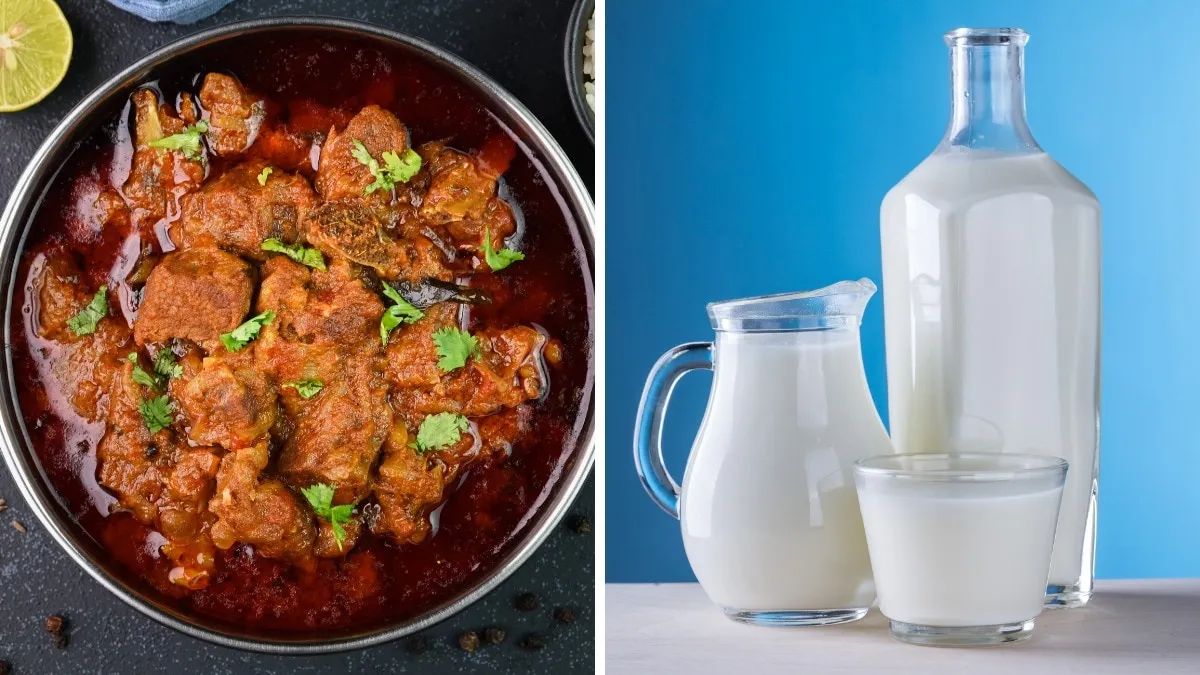Proteins in Meat and Milk Elicit Immune Response to Prevent Gut Tumours

Groundbreaking Research on Food Proteins
A team of researchers from Japan has made an innovative discovery regarding proteins in food, particularly those found in milk. Their study, published in Frontiers in Immunology, indicates these proteins can prevent the formation of tumours in the small intestines through immune activation.
Study Overview
Led by Hiroshi Ohno from the RIKEN Centre for Integrative Medical Sciences, the research focuses on understanding how food proteins influence tumour growth. Past studies had identified that food antigens prompted immune response only in the small intestines, not the large.
Experimental Findings
- The experiments utilized mice genetically prone to intestinal tumours, akin to familial adenomatous polyposis.
- Results indicated that mice on a standard diet exhibited fewer tumours in the small intestines when compared to those on an antigen-free diet, though tumour numbers in the large intestines remained consistent.
- Inserting albumin, a protein found in meat, into the antigen-free diet produced tumour-suppressing results, emphasizing that food antigens rather than nutritional values hold significant roles in tumour prevention.
Implications for Medical Diets
The research underscores the immune response enhancement due to food proteins, particularly T cell activity, supporting their role in intestinal health. These findings may offer important insights for the design of medical diets, such as elemental diets.
Elemental diets often eliminate certain proteins and provide nutrients in their simplest forms, beneficial for those with severe digestive issues like Crohn's disease. However, caution is advised for individuals at heightened risk of small intestinal tumours.
This article was prepared using information from open sources in accordance with the principles of Ethical Policy. The editorial team is not responsible for absolute accuracy, as it relies on data from the sources referenced.